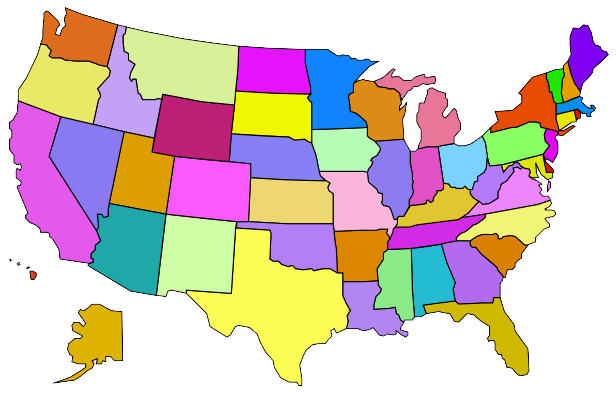The Orff Echo Fall 2017 – Elementaria Electronica: Orff and Digital Media (submission deadline February 15, 2017)
“I happen to think that computers are the most important thing to happen to musicians since the invention of cat-gut…which was a long time ago.” —Robert Moog
It has often been observed that a child with a cell phone in the middle of nowhere has access to more sophisticated technology than did the NASA team that put men on the moon. This access has been accompanied by a profound change in the way we work, play, and interact, and the change is accelerating. The effect is particularly ubiquitous in our music making. Today not only are musical instruments electronic, but also the creation, manipulation, and sharing of music all utilize digital technology. The computer must be considered both a musical instrument of astonishing range and a sophisticated music production tool capable of manufacturing commercial quality music even in the hands of children.
What are the implications for Orff Schulwerk instruction? One could easily conclude that electronica and technology in general are antithetical to Orff Schulwerk’s emphasis on elemental musical practices. But is this really the case? Or does Orff Schulwerk’s remarkable capacity for incorporating a range of instructional ideas and tools mean it can also fully embrace what technology has to offer?
This is the focus of the Fall 2017 issue of The Orff Echo, Elementaria Electronica: Orff and Digital
Media, for which we are currently seeking submissions. Article topics might include:
- Is there a place for electronic instruments in the Orff instrumentarium?
- What apps are teachers using as classroom tools and how are they using them?
- Orff performances are often multi-media presentations—how does technology change what we share and the way we share?
- What are some strategies for incorporating movement with software-driven music making?
- How can technology be used to enhance and expand creative music making, rather than simply replacing acoustic instruments or using technology for its own sake?
- Has the accessibility of digital media made instruction in commercial music a reasonable instructional goal with younger students?
- How do we focus on what is elemental and experiential—the “hands-on” component—in the face of heightened technological sophistication?
- Has technology changed the way children learn? If so, how do non-tech natives reach them?
- Is there a connection between the elements of hip hop—sampling, improvisation, assemblage—and the corresponding building blocks of composition in Orff Schulwerk?
As always, The Orff Echo is also interested in original research and informative, lively articles covering all other aspects of Orff Schulwerk—movement, improvisation, play, and singing. Our format allows for submissions focused on your area of interest in addition to our featured topic.
Please contact Richard Lawton (richard@richardlawtonmusic.com) or Lisa Lehmberg (lehmberg@umass.edu) with submissions, proposals, and questions regarding The Orff Echo Fall 2017 issue, Elementaria Electronica: Orff and Digital Media.
